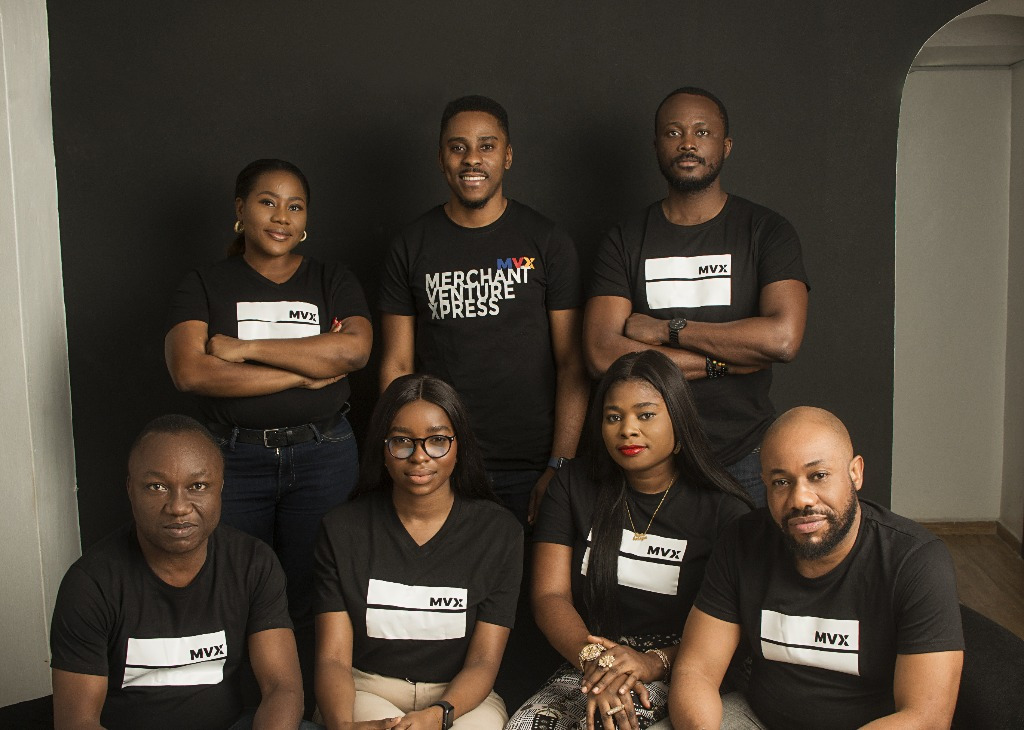The importing and exporting business as they are popularly called in Africa is going through a major tech revolution. Almost all the moving parts of the sector are being digitized to provide a more agile and democratic access to maritime resources, especially the truck, deep ocean containers and vessel procurements.
In Nigeria, MVX, a startup actively playing in this sector, has raised a $1.3m seed round to scale its operation, expand its talent pool and improve its technology.
The round was led by Kepple Africa, The Continent Venture Partners, Founders Factory, Launch Africa, and Capital Oak. Some angel investors in the U.S, Japan, Nigeria, and South Africa also participated.
Sometimes it takes forever to build. Sometimes it takes a little time.
In 2015 while working in the maritime industry, Tonye Membere-Otaji, the CEO of MVX had noticed the absence of a vessel marketplace in Africa and started nursing the idea of building one. But it remained just an idea for a long time because of the lack of the right team to build with.
Finally in 2019, four years down the line, the idea came alive and MVX was launched alongside Oluwatobi Amusa who serves as the CTO, following a $100,000 pre-seed from Oui Capital, Neon Ventures, Zircon marine, and some angel investors.
“I decided to figure out how to solve that problem of finding vessels because there were too many intermediaries, which made processes difficult,” Membere-Otaji told TechCrunch.

The right pivot at the right time
Initially, the startup was launched as a vessel marketplace called MVXchange where requests and matching of Offshore Vessel Support (OVS) chartering are made. But in March last year, the business pivoted into a digital freight booking platform, helping cargo owners find deals to move containers across Nigeria, MVXtransit.
According to the CEO, the uncertainty of the oil price and COVID-19 pandemic were the major reasons for the pivot.
“We couldn’t see ourselves doing vessel chartering for the long term because the demand for fossil fuels will definitely reduce over the next few decades. We wanted to do something scalable, something that was impactful, and something that we could be proud of in the next 20 years,” he added.
In April, the company introduced another product offering called MVXpay, a finance and payment solution to provide trade finance for freight operators. It then rolled both MVXtransit and MVXpay into a single product to form MVX.
This is a brilliant way of merging both fintech and trade into one product. For instance, a merchant can request for credit to move shipments from Africa to America on the MVX. Then MVX will pass the request over to its financial partners, who provide the customer with funds provided the minimum requirements are met. MVX then takes care of the shipment and delivers it to America.
Though MVX charges a commission for the services provided, including trucking, warehousing, shipping, and cargo stuffing, that’s a complete trade cycle, done on a single platform.
“We make it easy and convenient for businesses. Instead of trying to do everything themselves, which can be chaotic and cause distraction from their core businesses, we handle everything because we have all these service providers in one platform. So as shippers work with us, MVX works with like seven to 10 other service providers,” said Membere-Otaji.
Satoshi Shinada, the general partner at Kepple Africa, said, “The trade sector in Africa is one that we believe is ripe for disruption. MVX is building a game-changing technology and platform to revolutionize how businesses in Africa move shipment and trade around the world.”
The startup which is presently operating in Nigeria, Kenya, South Africa, Ghana and Rwanda, says it has processed more than 300 shipments this year and plans to end with 1,500. The CEO also claims that the company has surpassed its 2020 revenue and traction numbers.
From MVXchange in 2019 to MVXtransit in 2020, to MVXpay in 2021, and now to MVX. One thing is clear, this company will continue to blend and move with the ever-changing market as fast as it could to drive relevance solutions and profitability. And with funding like this and backers like Kepple, it would be able to do just that, comfortably.




















